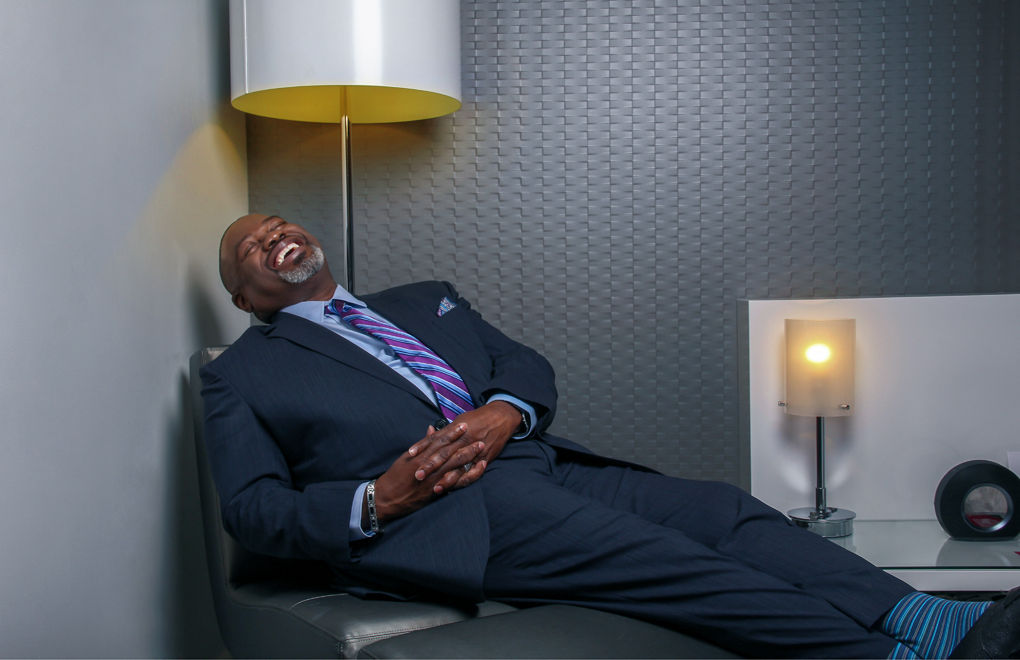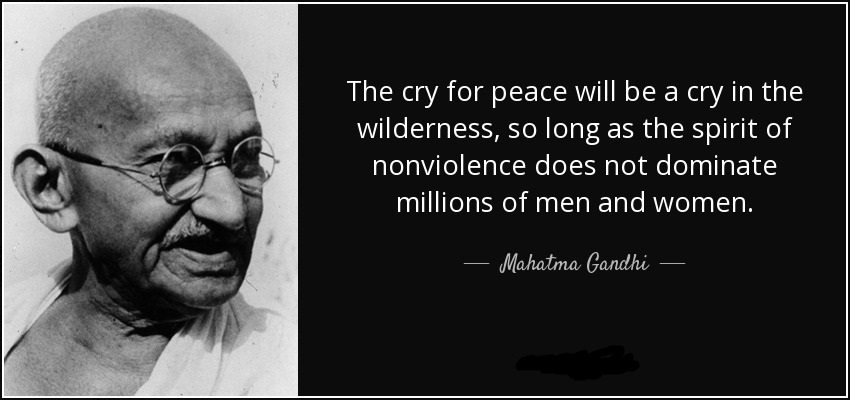
More People Using Text To Send Explicit Messages
It’s awful how sick and perverted people can make something so innocent and fun, seem so dangerous.
Sexting.
(Sexting is defined as sending explicit pictures or messages through a cellular device.)
Who would’ve imaged a means of instant messaging family members and friends would or could become so dangerous for children? Recently in the news, Rep. Anthony Weiner, D.-N.Y., has made headlines for his suggestive picture messages of himself via social media, but as USA Today reports, his behavior follows an unfortunate trend.
Sexual curiosity is often dismissed as a hormonal act by many teens, but research is suggesting that the sexting and online flirtation habits of adults are much more sparse.
According to USAToday.com, a 2009 survey of more than 1,200 respondents by the Cranfield School of Management in the U.K. showed that more than 600 participants have used the Internet for flirting, affairs and sexual advances. And a 2009 online survey of 323 people ages 13 to 72 by psychologist Susan Lipkins of Port Washington, N.Y., found 66% of the sample had sent sexually explicit messages.
Lipkins’ survey found that individuals with a strong thirst for power may also be more likely to engage in suggestive behavior online. Lipkins’ research into sexting showed that adults 26 and older who sexted craved more power than those who never did. The desire for power was measured by an online personality assessment.
Both men and women in power are far more likely to flirt and cheat, says Gary Lewandowski, professor of psychology at Monmouth University in New Jersey. This is a habit that we’ve seen played out by many men of fame and notoriety. Rarely is this a problem addressed or caused by women. Or if it is, such behavior is ignored. (Don’t think so? What about Brad and Angelina? He got the bad rep…and she became the baddest woman alive!)
Lipkins says she believes individuals in powerful positions are so used to stepping over the line and getting away with it that eventually the line disappears.
Individuals don’t start off by sending inappropriate pictures of themselves or arranging a sexual encounter, Lewandowski says. They begin with a tweet here and a wall post there and work up to riskier behavior over time.
In my opinion, political figures should cease participation in these social networking sites, with the exception of their campaigns. Sure, Barack Obama used Twitter and Facebook to win his campaign, but they were operated by his team. And continues to be. It’s the PROFESSIONAL thing to do.




